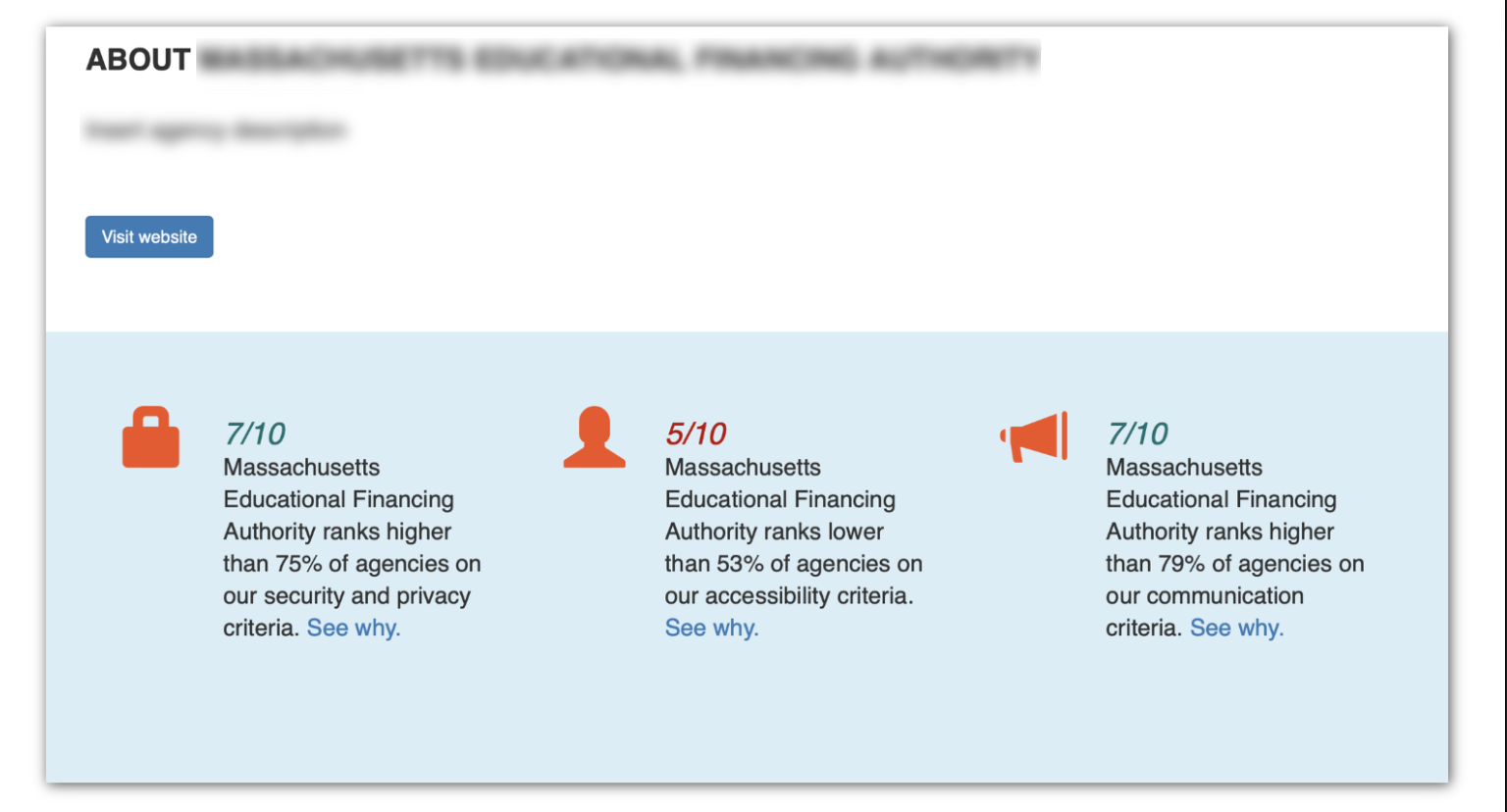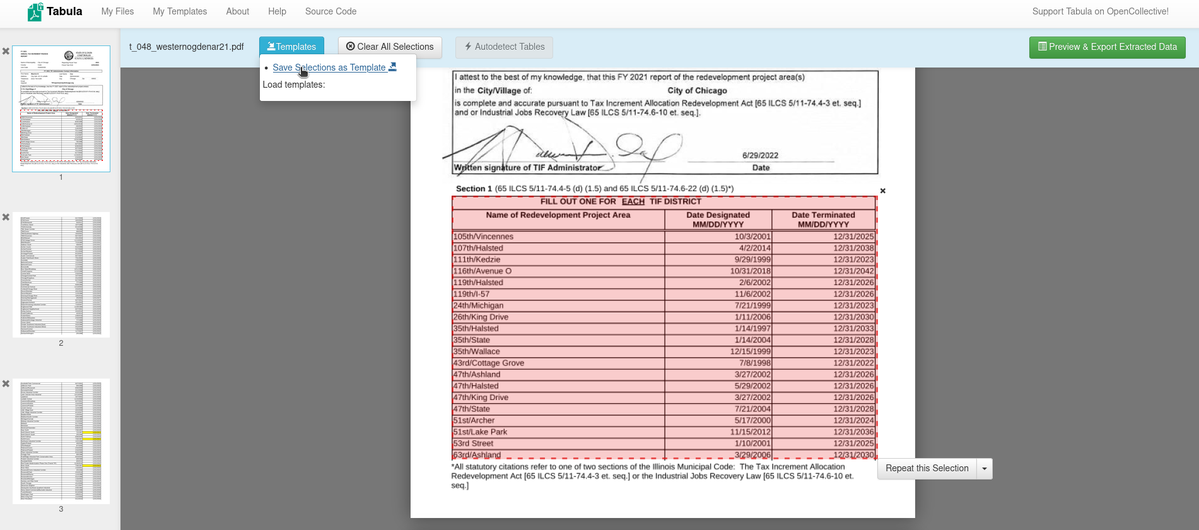Last week, no new features on MuckRock, but we rolled out new unit tests to improve overall site reliability in future updates. We also continued cranking away on CivicPulse … but no new name yet, so if you’re creative you still have a chance to win Mysterious Free Swag if you come up with something we use.
For previous site improvements, check out all of MuckRock’s release notes, and if you’d like to get a list of site improvements every Tuesday - along with ways to help contribute to the site’s development yourself - subscribe to our developer newsletter here.
Site Updates
Unit Tests
MuckRock is coming up on its tenth birthday, which is like 65 in journalism project years. Yet lately, people have been asking what puts the spring in our digital step - how do we stay so mobile friendly, responsive, and with such little downtime, they say with a brief glance on the subway as they pass by.
The secret: Lots of unit tests. Unit tests go through and double check that every new piece of code works the way it’s expected to — and also checks to make sure that new code doesn’t accidentally break any old code. Ten years in and there can be a lot of interlocking pieces.
In fact, one of our goals this quarter was to get 85% test coverage for our new user authentication service, and we’re pleased to share that we’ve now hit that goal.
We’ve also been continuing to add and improve user tests on MuckRock itself, which covers mot of what was pushed out last week. While you won’t see any immediate improvement, this kind of work greatly helps improve both the speed and reliability of future development efforts.
Help us come up with a new name for our government website scanner
If you’re the kind of person who gets excited about building cool, impactful open source software, you might also be interested in our Tuesday meetups in Cambridge, Massachusetts or our other open source efforts.
We’re working on a website that scans government websites to check on how well they’re doing on a number of important factors, ranging from mobile friendliness and accessibility to ease of contacting them. Since we already have a database of over 10,000 agencies and an API to access information about them, this gives us a chance to do more with data we’ve just had sitting around collecting dust (and, er, FOIA requests).
We’ve blurred out the agency name because all the data being gathered is still very preliminary and needs lots of verification, cleaning, and correcting.

Check out the source code for this project here, and then join us Tuesday evenings or in the #MuckRock channel on the Code for Boston Slack.
Last week, we added an updated README file to explain the project, set it up so that the scrapers push data to the backend via an API, and merged in a few other nifty tweaks.
We also need a name for the project. If you’ve got a good one that’s available with a decent domain and isn’t the name of something else, let us know. If we use it, we’ll send you an extra special Mystery Swag Item.
MuckRock is open source, and you can help us make it better
There are a number of OTHER ways to help us continue to improve the core MuckRock site experience. We have a project and a weekly newsletter, “Release Notes,” that highlights everything we’re working on. Register to get a summary of site updates each week and details on open issues you can help with.
Check out some of our issues labeled “help wanted” for ideas on where’s good to start, or just pop into our Slack’s #Developers channel.
Subscribers to the weekly newsletter get exclusive data sets, FOIA-related scripts, and other transparency hacker tidbits exclusively for subscribers. You can subscribe to the newsletter at the top or bottom of this page.
If you spot a bug or have a feature request, you can also help by opening an issue on GitHub.
If you do, please search open issues first to make sure it hasn’t already been reported. If it has been reported previously, please leave an additional comment letting us know it’s an issue for you, particularly if you can provide more details about when it crops up or what you think is causing the problem.
In addition to the new newsletter, we have a developer channel on the MuckRock Slack.
Image via Wikimedia Commons




